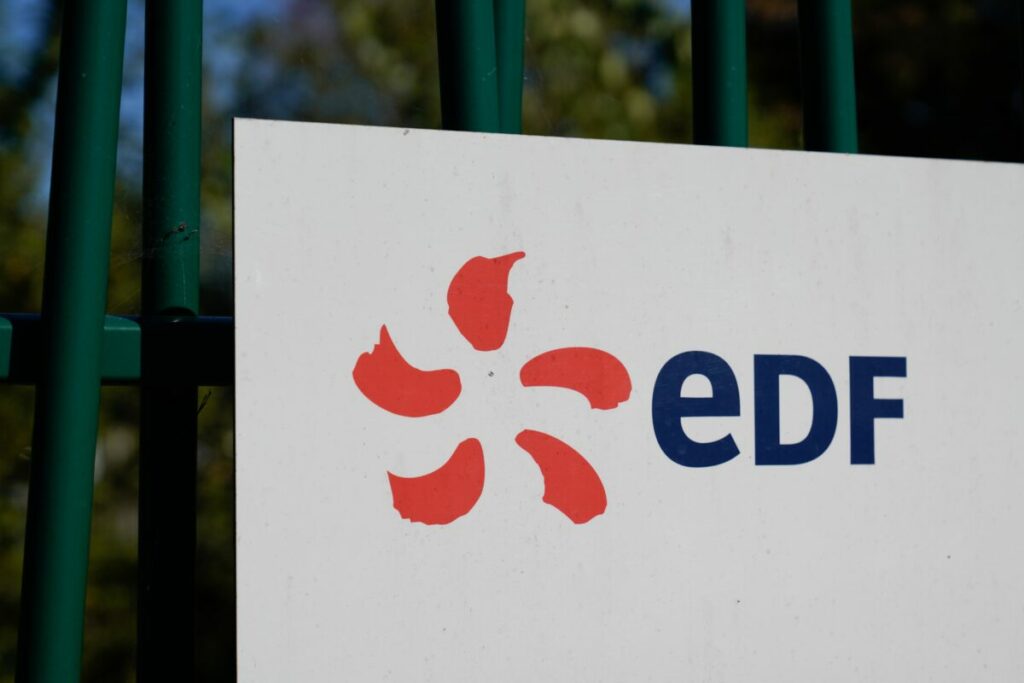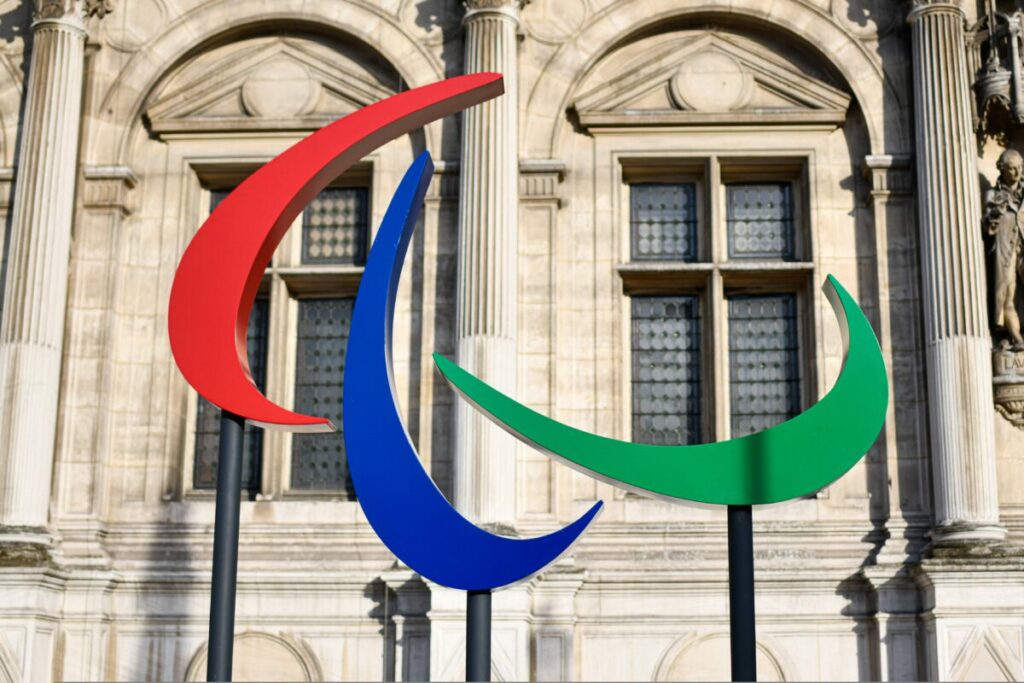A new greenwashing update from the Advertising Standards Authority (ASA) has led to tougher regulations around brands making ‘carbon-neutral’ claims.
The CAP (non-broadcasting advertising code) and BCAP (broadcasting advertising code) released the new guidelines to ensure the public do not feel deceived by brands making sustainability claims.
Among other changes, the new rules now mandate that any offsetting information must be included in green claims, specifically acknowledging the supplier that the company has used.
The updates were developed in response to recent rulings against high-carbon industries – such as aviation – and follow a six-month review into how environmental claims were being substantiated after consumers reported feeling misled by brands using carbon offsetting.
Both codes require that whenever an ad makes an environmental claim, the basis of the claim must be clear and will typically need to be backed up with “robust evidence”.
The guidance says: “Where it is necessary to include qualifying information about a claim that information should be sufficiently close to the main aspects of the claim for consumers to be able to see it easily and take account of it before they make any decision.
“The less prominent any qualifying information is, and the further away it is from any main claim being made, the more likely the claim will mislead consumers.”
Subscribe to Marketing Beat for FREE
Sign up here to get the latest marketing news sent straight to your inbox each morning
The ASA also requires companies to explicitly state where they are on their ‘own sustainability journey’, to promote transparency and prevent consumers being misled. Adverts referring to lower-carbon activities without including information about the company’s overall environmental impact will be flagged under the new greenwashing guidelines.
Other changes mean the ASA will now require verifiable evidence to prove a brand’s green claims – marking the potential end of an era for loose language greenwashing.
Previous claims which have proven to have insufficient evidence include phrases such as ‘eco-friendly’, ‘the greenest stoves on earth’ and offering 100% renewable energy to consumers “without harming your world”.
The changes come at a time where big carbon companies, such as Shell and BP, are being penalised for greenwashing or ‘greenhushing’. Earlier this month, an advert for fossil fuel giant Shell was banned for misleading customers and falsely purporting that a significant percentage of its business was lower-carbon energy.
Both the CAP and BCAP have noted that the new guidance can only go so far – it does not actually prevent marketers from making environmental claims about products. They also acknowledged that brands which do not adhere to the new code, will not face legal or financial penalisation as they would in other markets, like the EU.
Instead, the ASA is hoping that potential social damage to the brand would be a motivator to refrain from greenwashing and other false claims.














